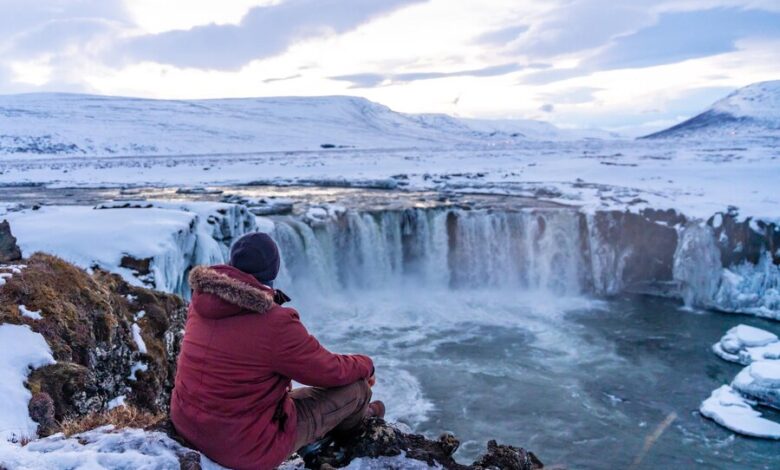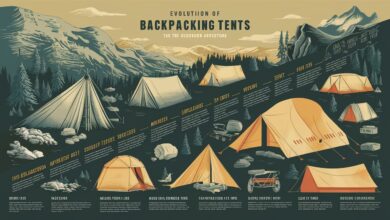What Language Do They Speak in Iceland?

Iceland, the land of fire and ice, continues to captivate adventurers, language buffs, and cultural explorers with its striking natural beauty and rich heritage. From dramatic waterfalls to geothermal hot springs, the country offers experiences that feel out of this world. But beyond the stunning scenery lies something equally captivating—the Icelandic language.
Whether you’re planning a trip to Iceland or simply intrigued by its culture, this guide dives into the language spoken there, its cultural significance, and how you can learn a few essential phrases to enrich your experience.
The Language of Vikings
The primary language spoken in Iceland is Icelandic (Íslenska), a North Germanic language. What makes Icelandic truly remarkable is its historic connection to the Old Norse language, which was spoken by the Vikings. Over the centuries, Icelandic has undergone minimal changes, making it one of the most “linguistically preserved” languages in the world.
This ties Icelanders directly to their Viking ancestors, as they can read ancient texts and sagas without much difficulty. Icelandic isn’t just a language—it’s a time capsule that connects modern Iceland to its past.
English is widely spoken across the country, particularly in urban areas. However, Iceland’s pride in preserving its native tongue is palpable, and travelers can enhance their experience by learning a few words or phrases.
Why Language is the Heart of Icelandic Culture
Language is more than just a method of communication—it’s the vessel of Iceland’s history, customs, and values. The Icelandic language plays a crucial role in maintaining the country’s cultural identity, especially in a modern world where global influences often merge boundaries between cultures.
Preserving History Through Language
The Icelandic Sagas, historical prose narratives written in the 13th and 14th centuries, are among the most important aspects of Iceland’s cultural heritage. These texts—written in Old Norse—detail heroic tales, family histories, and Iceland’s early settlement. Icelandic’s close ties to Old Norse allow Icelanders to access and cherish these texts without needing translations, fostering a deep connection to their roots.
Additionally, Iceland takes extraordinary steps to safeguard its language. The Icelandic Language Council plays a pivotal role in creating new words for modern concepts, ensuring Icelandic remains relevant in fields like technology and science. Instead of adopting loanwords from English, they craft Icelandic equivalents. For instance, “computer” is called “tölva”, a blend of words meaning “number” and “prophetess.”
Essential Icelandic Phrases for Travelers
If you’re planning to visit, knowing a few Icelandic phrases can make your experience smoother and more rewarding. Here’s a list of expressions, including their phonetic pronunciations, to get you started:
| Phrase | Icelandic | Pronunciation |
|---|---|---|
| Hello | Halló | HA-loh |
| Goodbye | Bless | Bless |
| Thank you | Takk | Tahk |
| Yes | Já | YOW |
| No | Nei | Nay |
| Excuse me / Sorry | Afsakið | AF-sah-kith |
| Do you speak English? | Talar þú ensku? | TA-lar thoo EN-skoo? |
| How much does this cost? | Hvað kostar þetta? | Kvath cost-ar THEHT-tah? |
| Cheers! | Skál! | SK-owl |
| Help! | Hjálp! | Hyowlp |
Pro tip: Icelanders are typically appreciative of any attempt to speak their language—even just a simple “Takk” (thank you) can make a positive impression.
Resources for Learning Icelandic
Want to take it further? Icelandic may be a challenging language due to its complex grammar and unique sounds, but the right resources can make it fun and accessible. Here are some great ways to start learning Icelandic:
Online Tools
- Duolingo – Offers a beginner-friendly Icelandic course.
- Memrise – Includes vocabulary and pronunciation practice.
- Glossika – Focuses on conversational Icelandic with audio drills.
- Icelandic Online – A free course created by the University of Iceland.
Books and Dictionaries
- “Colloquial Icelandic” by Daisy L. Neijmann is a classic beginner book.
- An Icelandic-English Dictionary is invaluable for expanding your vocabulary.
Language Apps
Try apps like LingQ or Italki to get real-world conversational practice with native Icelandic speakers.
Why Learning Icelandic Makes a Difference
Taking the time to learn even a little Icelandic can transform your travel experience. Here’s why it matters and how it fosters connections with locals and the culture itself.
Build Connections with Locals
While many Icelanders speak excellent English, they take great pride in their language. Learning key phrases shows respect for their culture and a genuine interest in their way of life. This effort can lead to more authentic interactions, whether you’re ordering coffee at a café or chatting with a local tour guide about the best hidden hot springs.
Unlock the Culture
Language is the gateway to culture. By understanding Icelandic, you’ll gain deeper insight into the country’s folklore, music, and traditions. For instance, knowing a bit of Icelandic can help you make sense of the names of breathtaking landmarks like Jökulsárlón (Glacier Lagoon) or Vatnajökull (Glacier of Lakes).
A Unique Challenge
Icelandic offers a unique linguistic challenge for language learners. Its grammar and pronunciation are distinct, but mastering even basic phrases can enhance your appreciation for the language and the culture it represents.
Be a Traveler, Not Just a Tourist
Visiting Iceland is about more than marveling at its natural wonders—it’s about immersing yourself in its rich history, traditions, and language. By learning to speak even a little Icelandic, you’ll gain a deeper appreciation for the country, its people, and their incredible legacy.
Looking for more travel tips and language insights? Subscribe to our newsletter to stay inspired, informed, and ready for your next adventure.



